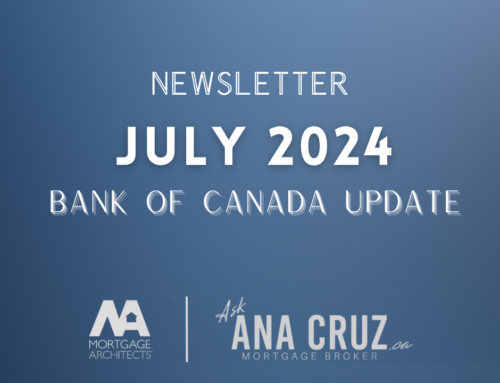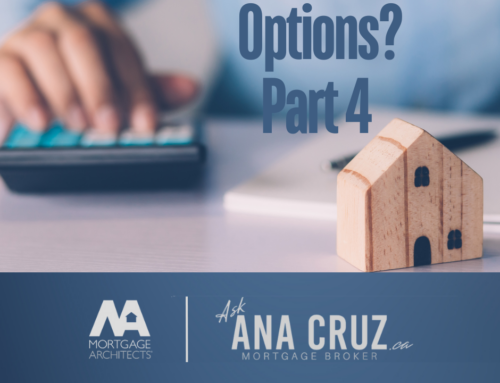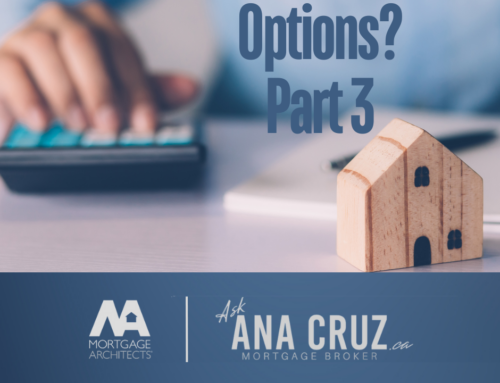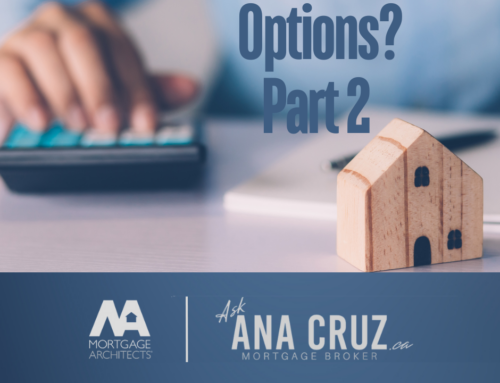Date: February 3, 2022
Category: Blogs,Mortgage Tips & Advice
Recently there has been more talk about variable rate the usual and that’s in part thanks to inflation being at the highest its ben in 30 years, our possible exit to this pandemic and the uncertainty of the coming years more so than anytime in the recent past.
Let’s take a deep-dive into mortgage rates. Are mortgage rates going up? Down? When is the going to happen? Should I lock-in my rate? These are all general worries for anyone looking for a mortgage or currently in a variable mortgage.
Let’s talk about where rates come from and what affects them.
Generally interest rates are affected by several economic growth factors, nationally and globally, but there are two primary sources that can help you keep track of rates. As I’ve mentioned many times, there are two main types of mortgages, variable and fixed rate mortgages. Variable rates are tied to the prime rate. Fixed rates, they are bit more complicated but they are influenced by the government bond market.
Let’s look at variable rate mortgages. The Bank of Canada set’s the “target” for the overnight rate, which is the interest rate that banks charge each other to cover the short-term daily transactions. This “target” overnight rate is what influences the banks to set their prime lending rate. Therefore when the Bank of Canada (BOC) sets its’ “target” overnight rate it’s sending a signal to the that it wanted them to change their prime rate thus creating a cascade down to where the banks then set their prime lending rate.
When banks change their prime rate, this affects variable rate mortgages and lined of credit that are tied to the prime rate. The BOC reviews the overnight rate eight times a year, you can find those dates here
However fixed rate mortgages are not set by the prime rate, they are influenced by the governments bond market. Banks rely on bond yields to finance the expenses of holding these mortgages. Therefore bond yields (bond interest rates)move up or down more frequently than the prime rate. The bond market is normally more sensitive to market fluctuation and thus affecting the fixed rates.
As you guessed it, when interest rates increase, so does the cost to borrow money. If you are purchasing a home, refinancing or up for renewal, a higher rate will impact how much it costs you each month. It’s important to note that the fixed or variable rate are only part of what sets your qualification for a mortgage. We will talk more about mortgage qualification in our next blog post.
What’s happening with rates now? As of today, rates are slowly increasing as expected due to inflation risks, economic growth however don’t let that statement scare you, because what we are all missing is that even as rates rise, they are still well under 5%. I don’t know about you, but I still recall buying my first home in early 90’s and my rate was 6.25% and I was thrilled about that. Yes, yes, we won’t go into how cheap homes were then…that’s another story.
If you’ve made it this far, my goal is that you now have a better understanding of what affects your particular mortgage rate or maybe you are doing some research on mortgage before you purchase (bravo!). Regardless of your reasons, I find that knowledge is the best teacher and will keep those monsters inside your head a little quieter.
If you have questions about this or any other mortgage related questions, connect with us.
We are here to help and look forward to meeting you.
Ana Cruz, AMP
Mortgage Broker
905-870-0513 / ana@askanacruz.ca

